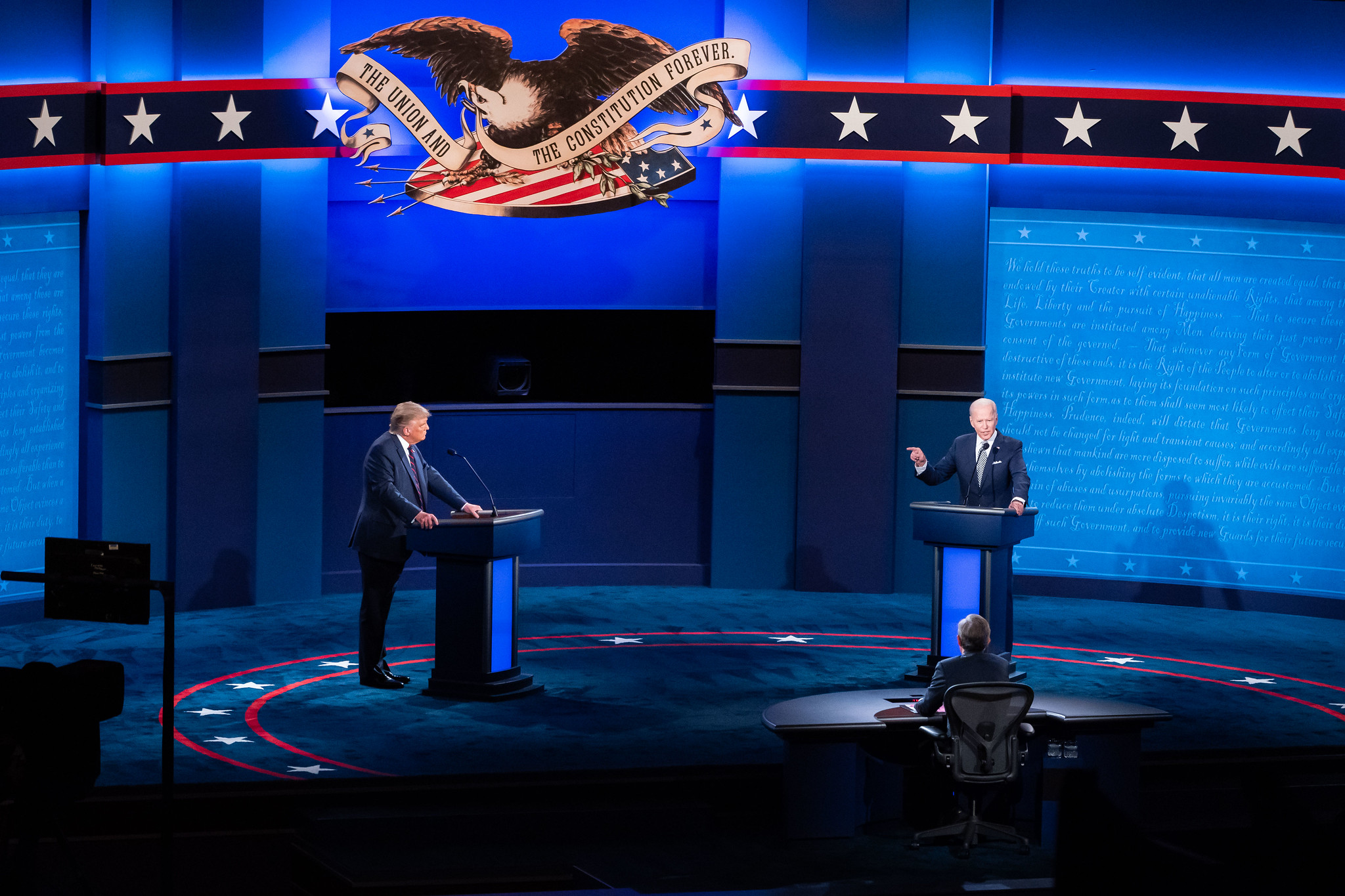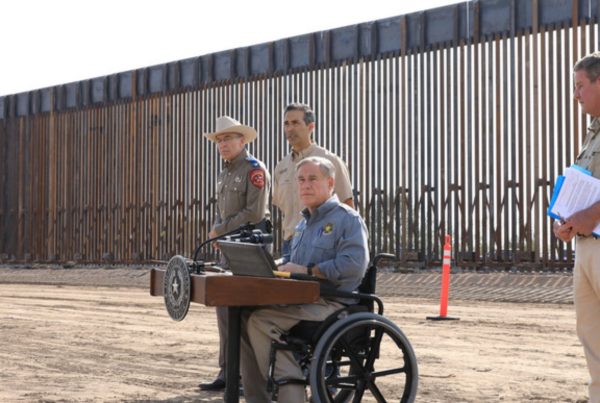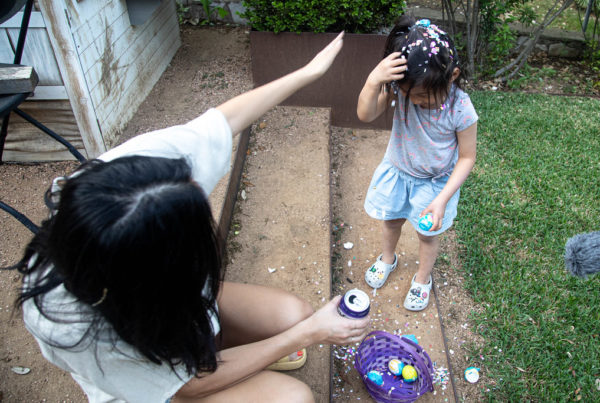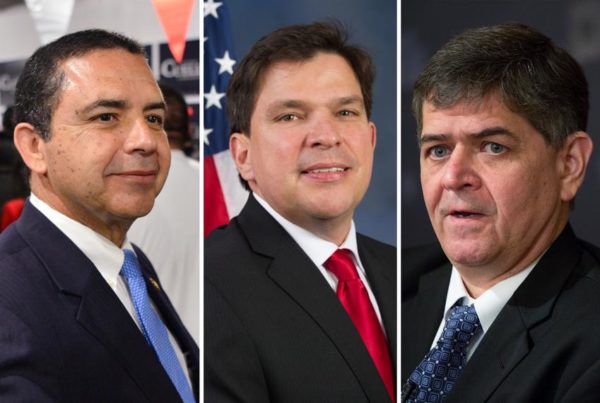The Republican National Committee has announced it is withdrawing from the nonprofit Commission on Presidential Debates. Chairperson Ronna McDaniel said in a press release that the committee will look for “newer, better debate platforms,” arguing the commission’s current process for planning debates is biased.
Richard Pineda, director of the Sam Donaldson Center for Communication Studies at the University of Texas at El Paso, joined Texas Standard to talk about what impact that could have on how political parties campaign and on the 2024 presidential race. Listen to the interview with Pineda in the audio player above or read the transcript below.
This interview has been edited lightly for clarity.
Can you talk about the function of the Commission on Presidential Debates? It’s been around for at least a couple of decades, right?
Richard Pineda: That’s right. The CPD, as we know it now, came into existence in 1987. And what’s interesting is that it’s a nonprofit, nonpartisan group that essentially filled in the place of the League of Women Voters, and offers the parties – and one of the controversies, by the way, largely only the two parties – offers them an opportunity to plan and get together during the presidential cycle to have debates.
And it’s an interesting process. Most people, most voters, don’t recognize that it’s a very negotiated process. And so it’s interesting to hear the RNC take this position because so much of what happens before each of these debates is a complicated negotiation: where the podiums stand, what kind of style the debate will be in, who the moderator will be. And so this has already been an incredibly negotiated process. This isn’t something that’s just handed down by the CPD.
The national Republican Party has announced that candidates will have to take a pledge of sorts, that they will not be permitted to participate in any of the debates organized by the Commission on Presidential Debates. That does seem to be a watershed, and I wonder if that means there won’t be any debates in the next presidential election cycle.
It’s an interesting position to take because, technically, the RNC isn’t actually part of the Commission on Presidential Debates, and so the nominees individually have the the choice to appear in these debates. And there’s going to be, I think, a lot of wrangling about that.
But I think the reason this is significant is these are supposed to be informative events that allow voters to really see their candidates engaged. There’s been a lot of criticism that these debates don’t matter because they’re technically not really debates, and they end up being sort of sound-bite contests, and they end up, as we saw in 2022, to be a little bit of a carnival. I mean, there really is this tension, sometimes depending on the kind of candidate.
[But] I think that we’re going to see engagements; there’s just no way that the candidates are not going to take advantage of these major media events. But I do think based on the RNC statement, we’re going to really have to figure out if what they’re talking about is a shift to a platform-based approach – that means doing a Facebook or some sort of a social-media-based debate, or if we end up in exactly the same spot minus a few tweaks, in terms of that negotiation process.If these formats do change, the Democratic National Committee would have to agree to the changes too, right?
Yeah, that’s right. And I think that one of the big issues is this is a harbinger of, I think, things changing and the way that we think about civic engagement. So this may be a thing that we’re already starting to see fade – the process of an actual candidate-to-candidate debate. And maybe we see a much more sort of infomercial version of campaigns, where the candidate essentially gets to address the public directly without having this debate process.
But I do think this is a watershed moment insomuch as you’ve got one of the major political parties saying, We’re done, and if they walk away from the table, there is zero incentive for the other party to actively engage in this process. And so I do think this is a major moment, especially in terms of the role of media and public information when it comes to the campaign process.















